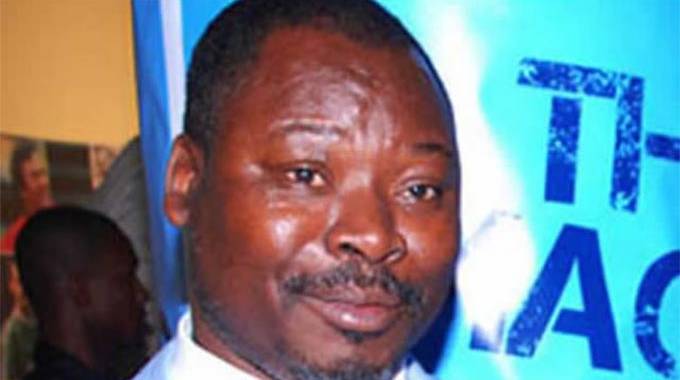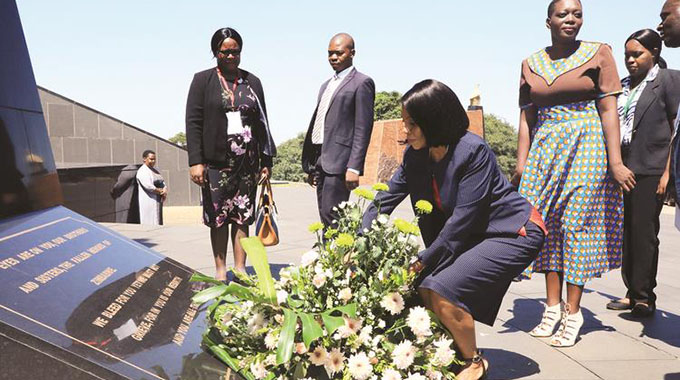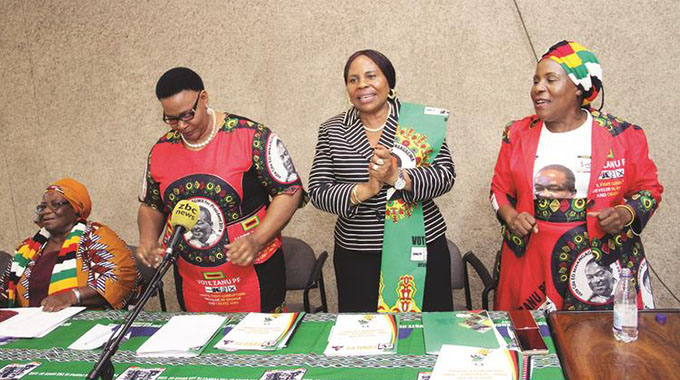CAF RAISE RED FLAG . . . Unattached schoolteachers dominate group with CAF A licences

Eddie Chikamhi Senior Sports Reporter
THE CAF A Licence programme is being reviewed amid concerns that the majority of those who have the badges, especially in this country, have not been featuring in competitive football structures.
There has also been concern that the programme in Zimbabwe could also have, in the past, been used more as a money-making venture than boosting the qualifications of coaches as envisaged by CAF.
ZIFA started offering CAF A courses in 2014, but the programme was discontinued in 2017, disadvantaging a host of coaches who had hoped to attain the badges, and continue their careers.
Zimbabwean coaches apparently were made to pay more than their regional counterparts as they had to fork out $1 000 for the CAF A and $600 for the CAF B badge.
Their Botswana counterparts, in comparison, paid an equivalent of $200 for CAF B.
Interestingly, statistics show that more than 75 local coaches have attained CAF A licences in a country whose main league has 18 clubs.
While the CAF courses are only conducted in English in Zimbabwe, in South Africa they use local languages like Xhosa and Zulu.
It has also emerged that most of those with the CAF A Licence badges in Zimbabwe are teachers, whose higher education levels make it easy for them to pass the tests, but the majority of them are not attached to any competitive football club.
CAF are wondering where those, who have benefited from their A Licence programme, have gone given the majority of them seem to be just hanging those badges in their homes without using the expertise they gained.
This has led to a review of the programme, and suspension of the courses, and this has seen coaches like Joel Luphahla, who wanted to attain such badges, being disadvantaged as ZIFA say they cannot guide a Premiership club without the licence.
Some critics have also questioned how Warriors coach, Sunday Chidzambwa, who does not have a CAF A Licence, is allowed by ZIFA to take charge of the senior national team while someone like Luphahla cannot guide a club in the domestic Premiership.
Chidzambwa attained his coaching badges in Brazil, under the tutelage of the legendary Mario Zagallo, the first man to win the World Cup both as a player and coach.
Zambian coach Fred Mwila, one of his country’s most successful gaffers, was also part of that class.
While the domestic arrangement is unkind to such emerging coaches as Luphahla, who guided his TelOne to the Premiership, the European set-up is accommodative of its up-and-coming crop of coaches.
That is why Steve Gerrard was allowed to start coaching Scottish giants Rangers last year even though he had not yet completed his UEFA Pro-Licence coaching badge.
Luphahla has a CAF B badge.
Veteran coach Moses Chunga, who is also the president of the Soccer Coaches Union of Zimbabwe, yesterday said coaches have been deprived of their careers and urged ZIFA to reconsider their position.
“I think we are getting too bookish in this matter,’’ he said. “Football, by its very nature, is more of practical and we have to take it from there.
“Some coaches are qualified by experience. They have been there and we have all seen what they have done and suddenly they cannot be bad coaches.
“So, that is why I am pleading with our authorities to look at how they can help such people attain that certification.
“But, right now, ZIFA are not offering the course so why not waiver the requirement until we have the course back on offer.
“Yes, it’s good to further knowledge but the authorities should also look at various considerations. Some people are failing those courses not because they don’t understand football but because the courses are being held in a foreign language.
“I think people should be made to learn in the language they understand. Just like in Spain, they do it in Spanish, in Italy it’s Italian, in Portugal it’s in Portuguese and so on.
“People need to appreciate that English is just a language and not a measure of intelligence.’’
ZIFA board member, Bryton Malandule, said CAF had stopped issuing the licence because the syllabus was undergoing review to meet world expectations.
“It’s not true that we have been limited. What happened is that CAF are reviewing their syllabus to align it with the rest of the world so that a coach can still be able to practice even if he is to move to America or Europe with a badge that is equivalent to the UEFA licence.
“So, it’s not only in Zimbabwe where the coaching courses have been suspended but the whole of Africa. You can check on the internet.
“CAF are interested in ensuring that even the course instructors are highly qualified.
“We are one of the countries that have adopted standardisation as per CAF and FIFA recommendations.’’
Wilson Mtekede told the ZIFA website last year that selection of the right candidates was key.
To ensure quality delivery during courses, class sizes will now be limited to a maximum of 25 participants for CAF A and B licences, and not more than 30 for CAF C courses.









Comments